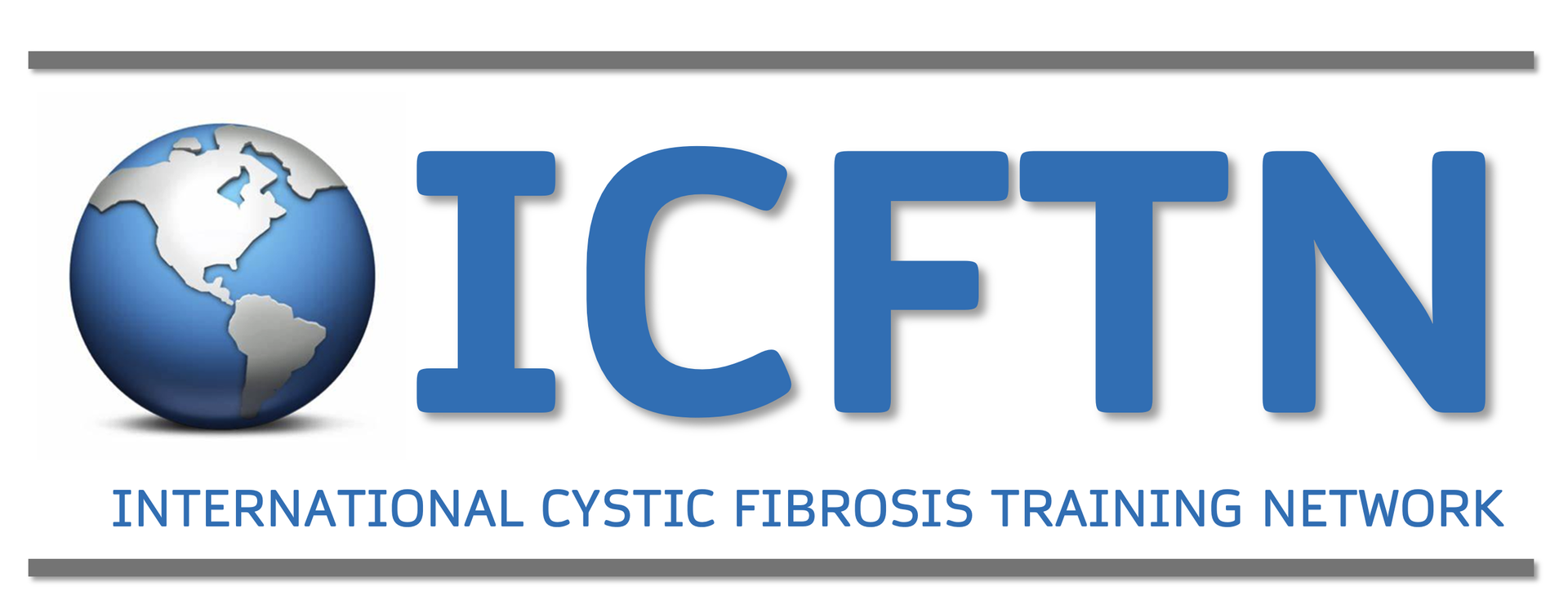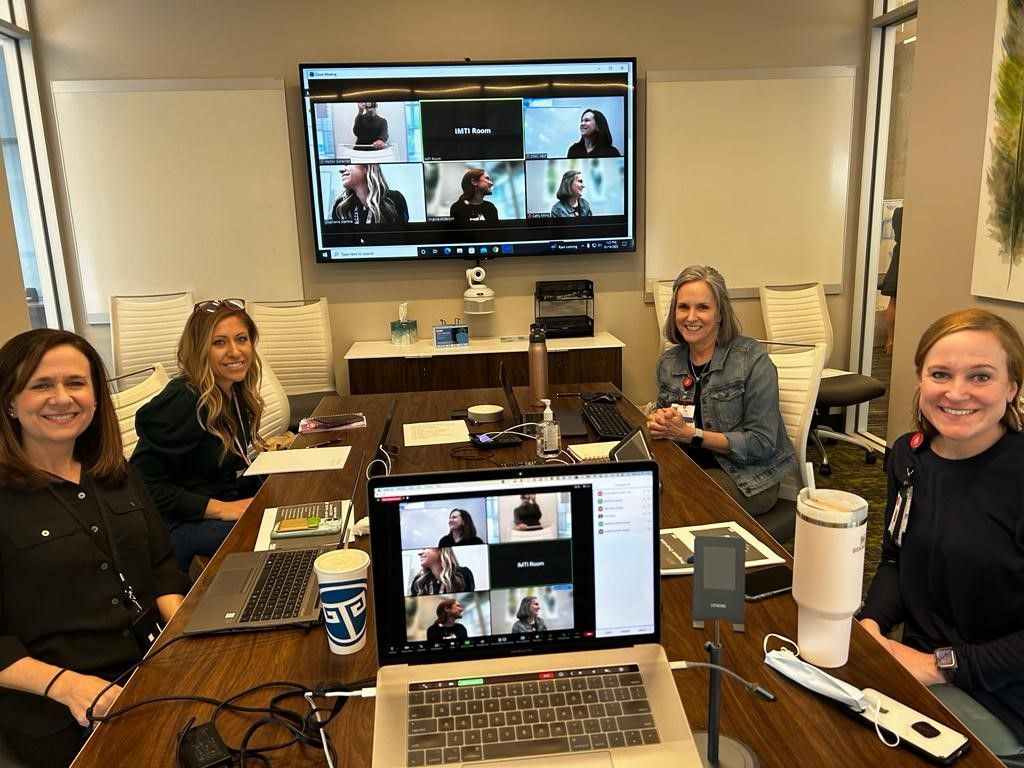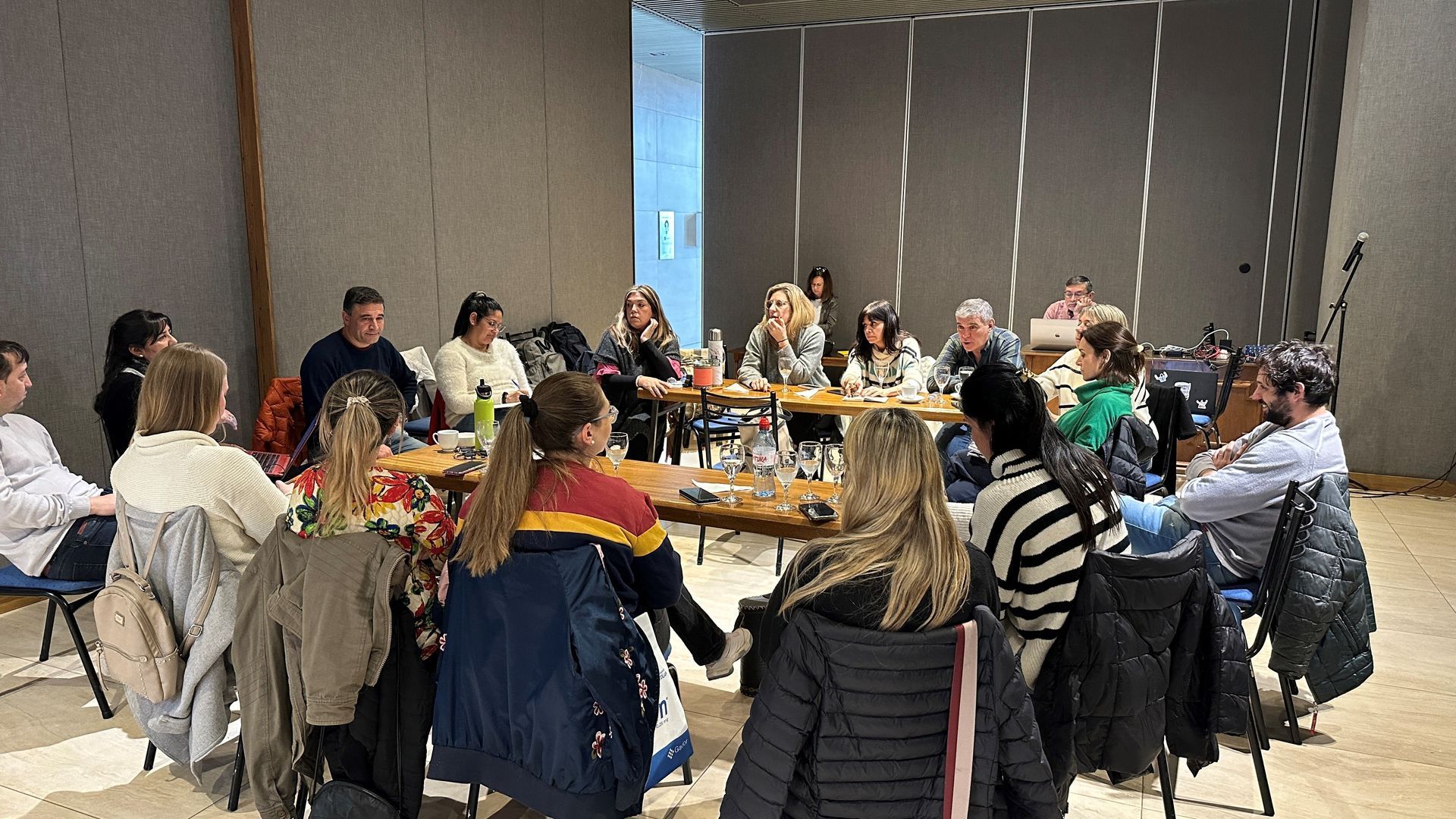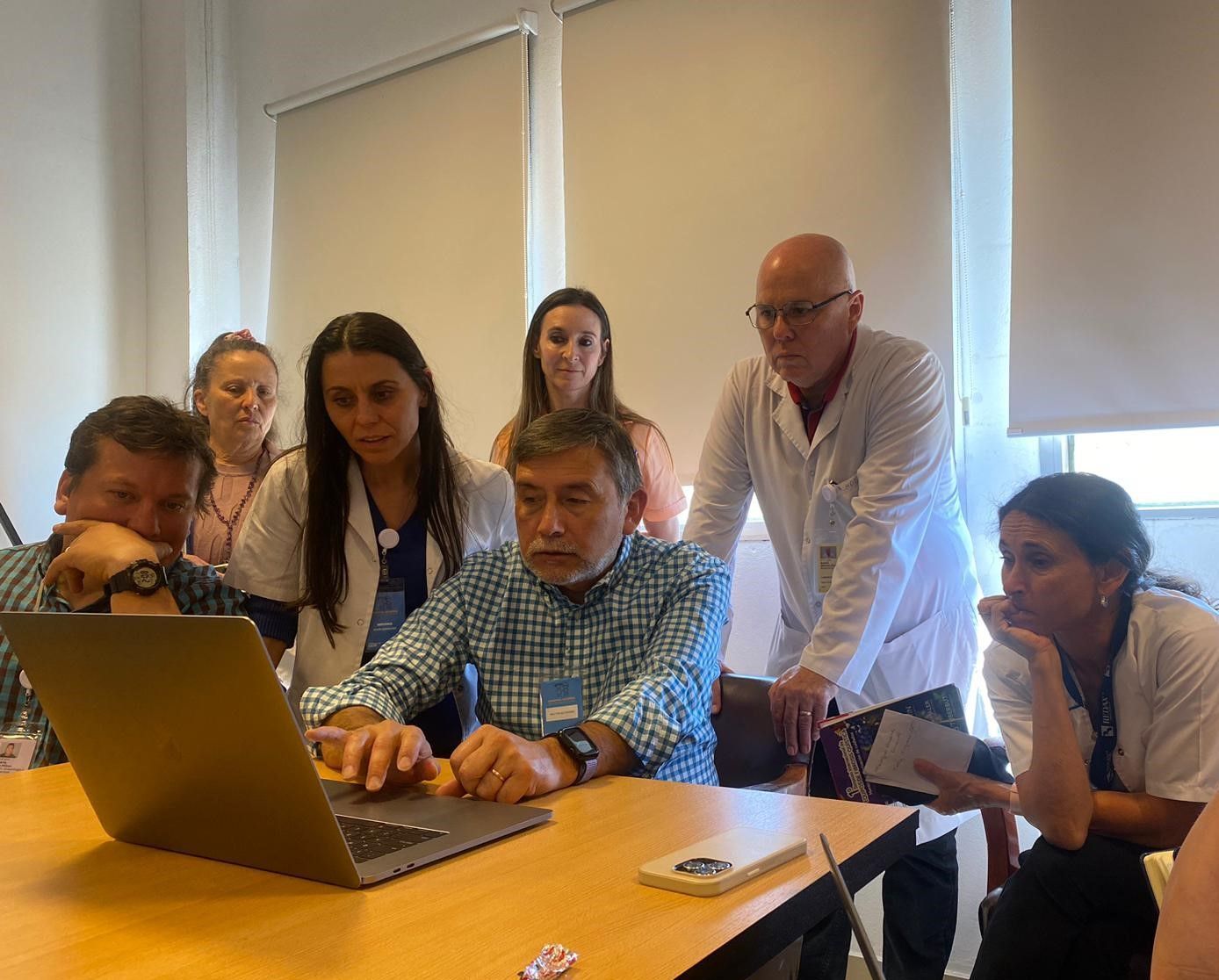ABOUT
International Cystic Fibrosis Training Network
What is ICFTN?
The UAB CF team has successfully trained LMIC teams through the CF Training Network-Latin America (CFTN-LA). This training initiative has evolved into the International Cystic Fibrosis Training Network (ICFTN), a learning network that incorporates UAB's International Mentor Training Initiative (IMTI) and advanced data management solutions. This creates a comprehensive approach to improving CF care in resource-limited areas of the world. The goal of the ICFTN is to implement a sustainable training program for CF centers not only in Latin America but in other parts of the world to improve the quality of care, clinical outcomes, and life expectancy of CF patients worldwide.
ICFTN Background
In 2014, Cystic Fibrosis clinical outcomes in Chile did not follow those of the general health outcomes and economic indicators that the country had achieved in the last decades and showed disproportionate morbidity and mortality. Survival of patients with CF in Chile had just reached 20 years of age, while that of other countries was approaching 40 years of age. The UAB CF Center proposed the establishment of a pilot to develop a state-of-the-art multidisciplinary Cystic Fibrosis Care Center in Santiago, Chile, aimed to train multidisciplinary teams, improve outcomes, lead to subsequent implementation of a network of CF centers across Chile, and achieve improved median life expectancy. After successfully implementing the program in Chile, training expanded to teams in Argentina. The newest initiative, IMTI, has trained US-based teams who will be deployed as mentors in Ecuador, Peru, and Jordan.
How is ICFTN Funded?
Over the past 60 years, the CF Foundation has established itself as a leader in rare disease research and has earned global recognition for the advancement of new CF therapies. Finding a cure for CF requires innovative basic and clinical research, accelerated drug development, sustained enrollment of CF patients into clinical trials, large data for epidemiologic studies, continued engagement of the CF community, and ongoing support from CF stakeholders. The CF Foundation supports many efforts to achieve these goals and accepted the grant application and agreement to fund this project in 2014.
What Do We Do?
Team Assessment and Education
The UAB clinical team has established an effective process for coordinating and implementing training. A clinical training core has been developed and standardized. The first assessment of LA teams is accomplished by collecting a modified 5P evaluation. Current practices, workflow, team involvement, patient population, and outcomes are reviewed by the training team. Following the assessment, a one-week benchmarking visit by the LA team to UAB is coordinated. During the visit, team members are paired with their discipline for mentoring. Clinic attendance and direct observation occur for 1-2 half-day sessions. Intensive classroom education occurs with a review of CFF care guidelines and effective processes established by the UAB team. During the week team building time allows the team members to better connect. Finally, learning is applied as the team is provided a Quality Improvement short course with hands-on practice and improvement planning that is specific to their team needs.
Benchmarking Visits to LA Sites
The UAB team has found the visit to the LA teams to provide valuable insight and allow networking on the team’s territory. Direct observation of teams in action, managing out through connection with other specialties and ancillary departments, and managing up through connection with hospital administration and governmental health leaders cannot be replaced by virtual connections. Meeting with other nearby teams and joining in case reviews is a very effective networking tool. During the visit, connection is also made with family groups. The team provides education and encourages family involvement at the CF center level. The UAB team's presence demonstrates dedication and interest in the success of the program.
Monthly Webinars
To facilitate ongoing connection with the network teams, the UAB team has established a monthly webinar meeting of all network teams and allowed the invitation to be shared. During this meeting teams are invited to present difficult cases and quality improvement work or a leader in a specific care domain is asked to present the latest information. A WhatsApp distribution list has been offered and team members can join to receive notification of scheduled meetings. Through this networking and in cooperation with the CF Foundation a CFTN-LA listserv has been established to facilitate connection among teams and allow for care questions to be posted and shared.
Database
Improvement cannot occur or be tracked without data. LA registries vary in the quality of data collected and are vastly underutilized by the teams. The goal of the core training team is to design a standardized CF patient registry database to be used across all participating LA sites. The UAB team is developing strategies to maximize data quality and minimize missing data, as well as procedures to ensure the privacy and security of the data. LA personnel will be trained in data collection, storage, and management and provided technical support.



